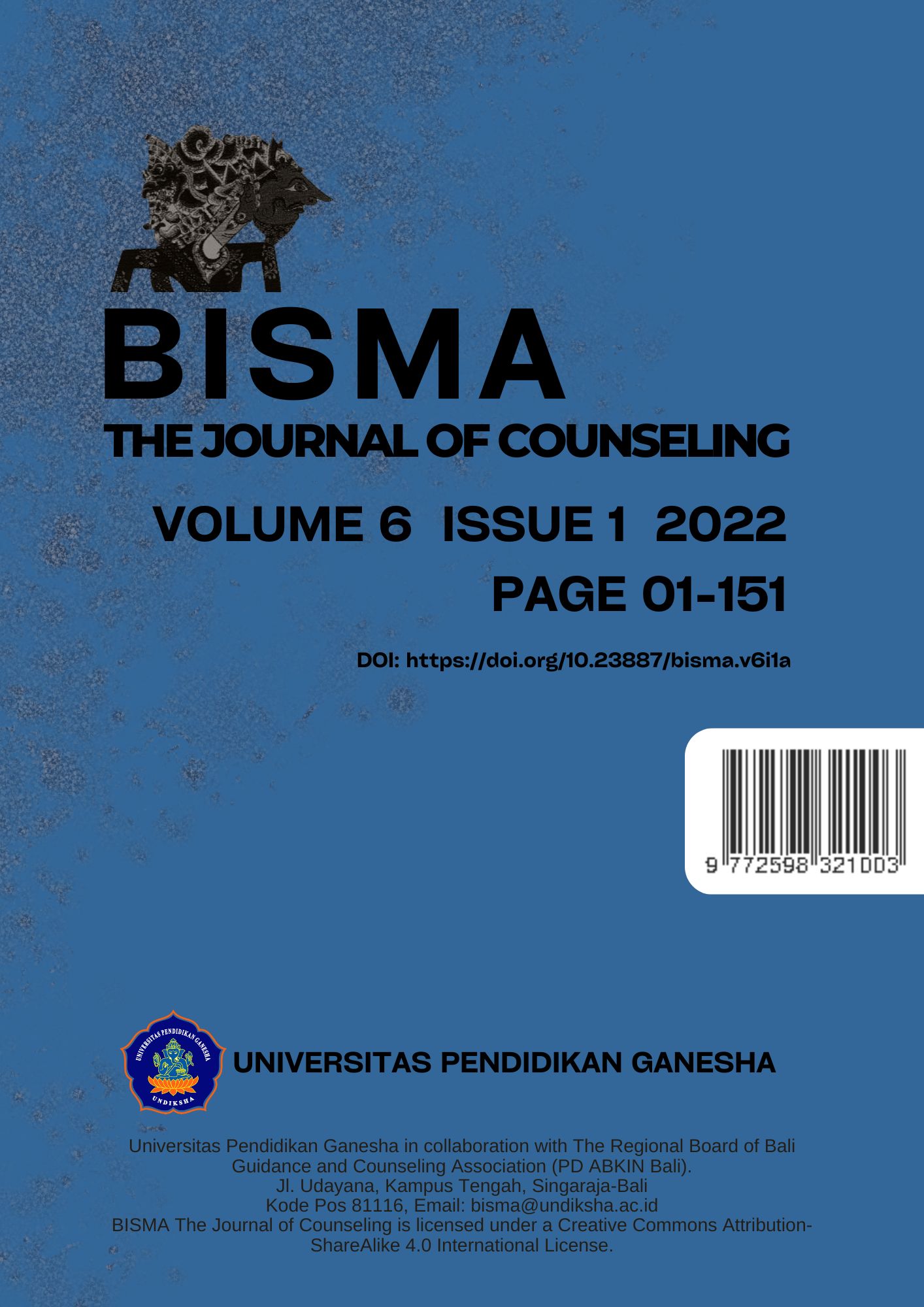Application of Andragogy-Based Simulation Method to Improving Digital Competence
DOI:
https://doi.org/10.23887/bisma.v6i1.49264Keywords:
andragogy-based simulations, digital competence, whatsappAbstract
This study aims to determine the application of andragogy-based simulations in improving digital marketing competence in whatsapp blaster training for waqf volunteers of the VIII batch of 2022 which took place at the AQL Islamic Center. The method used in this research is descriptive with a qualitative approach. Data was collected by direct observation, interviews and documentation studies. Testing the validity of the data is done by triangulation of sources, while the data analysis uses the techniques of reduction, display, and drawing conclusions. The results showed that 1) WhatsApp blaster training for waqf volunteers at AQL Islamic Center had implemented optimal simulation stages according to the steps in the learning method, seen from the learning process from beginning to end which was carried out during the training. 2) The implementation of the training uses an adult approach by taking into account the participants' self-concept, experience, readiness to learn from participants and learning orientation of participants. 3) There is an increase in digital marketing competence, especially in the whatsapp blaster material for the training participants, which is shown through the ability to broadcast whatsapp messages, the ability to increase database contacts, the ability to auto reply techniques and the ability to close consumer techniques.
References
Albukhitan, S. (2020). Developing digital transformation strategy for manufacturing. Procedia computer science, 170, 664-671.
Bröhl, C., Rasche, P., Jablonski, J., Theis, S., Wille, M., & Mertens, A. (2018, July). Desktop PC, tablet PC, or smartphone? An analysis of use preferences in daily activities for different technology generations of a worldwide sample. In International Conference on Human Aspects of IT for the Aged Population (pp. 3-20). Springer, Cham.
Bucci, S., Schwannauer, M., & Berry, N. (2019). The digital revolution and its impact on mental health care. Psychology and Psychotherapy: Theory, Research and Practice, 92(2), 277-297.
Creswell, J. (2012). Educational Research: Planning, Conducting, and Evaluating Quantitative and Qualitative Research Fourth Edition. University Of Nebraska.
Dhita Ayu Meitaningrum, Imam Hardjanto, dan Siswidiyanto. 2013. Efektivitas Pendidikan dan Pelatihan dalam Meningkatkan Kinerja Pegawai. Universitas Brawijaya. Malang.
Fatmawati, E. (2021). Strategies to grow a proud attitude towards Indonesian cultural diversity. Linguistics and Culture Review, 5(S1), 810-820.
Fenech, R., Baguant, P., & Ivanov, D. (2019). The changing role of human resource management in an era of digital transformation. Journal of Management Information & Decision Sciences, 22(2).
Florida, R., Rodríguez-Pose, A., & Storper, M. (2021). Cities in a post-COVID world. Urban Studies, 00420980211018072.
Hanna, N. (2018). A role for the state in the digital age. Journal of Innovation and Entrepreneurship, 7(1), 1-16.
Kamil, M. (2010). Model Pendidikan dan Pelatihan (Konsep dan Aplikasi). Bandung: Alfabeta.
Litvinenko, V. S. (2020). Digital economy as a factor in the technological development of the mineral sector. Natural Resources Research, 29(3), 1521-1541.
Mulyasa, E. (2003). Kurikulum Berbasis Kompetensi. Konsep, Karakteristik, Implementasi, dan Inovasi. Bandung: PT Remaja Rosdakarya Offset.
Murtie, A. 2012. Menciptakan SDM Yang Handal Dengan Training, Motivation, Coaching. Jakarta: Laskar Aksara.
Rahmana, A (2015). Efektifitas Model Pelatihan Berbasis Simulasi Dalam Meningkatkan Kompetensi Manajemen Proyek (Pelatihan bagi Industri di Propinsi DKI Jakarta). (Disertasi). Fakultas Ilmu Pendidikan, Universitas Pendidikan Indonesia.
Sudjana, D. (2010b). Pendidikan Nonformal Wawasan, Sejarah, Perkembangan, Filsafat & Teori Pendukung, serta Asas. Bandung: Falah Production.
Sugiyono, (2010). Metode Penelitian Kuantitatif, Kualitatif, dan R&D. Cetakan ke-10. Bandung:Alfabeta.
Swasto, Bambang. 2011. Manajemen Sumberdaya Manusia. Cetakan Pertama. Malang, UB Press.
Sycheva, E., Budagov, A., & Novikov, A. (2020). Urban infrastructure development in a global knowledge-based economy. In SHS Web of Conferences (Vol. 74, p. 03013). EDP Sciences.
Werther, William B. & Keith Davis. 1996. Human Resources And Personal Management. International Edition. McGraw-Hiil, Inc., USA.
Downloads
Published
Issue
Section
License
Copyright (c) 2022 Mursyida Nurfadhilla, Jajat S Ardiwinata, Asep Saepudin

This work is licensed under a Creative Commons Attribution 4.0 International License.








